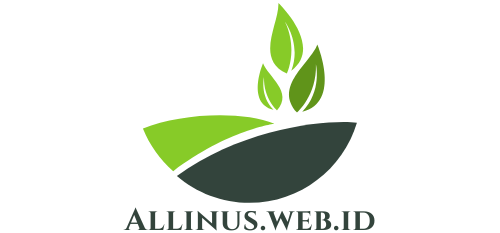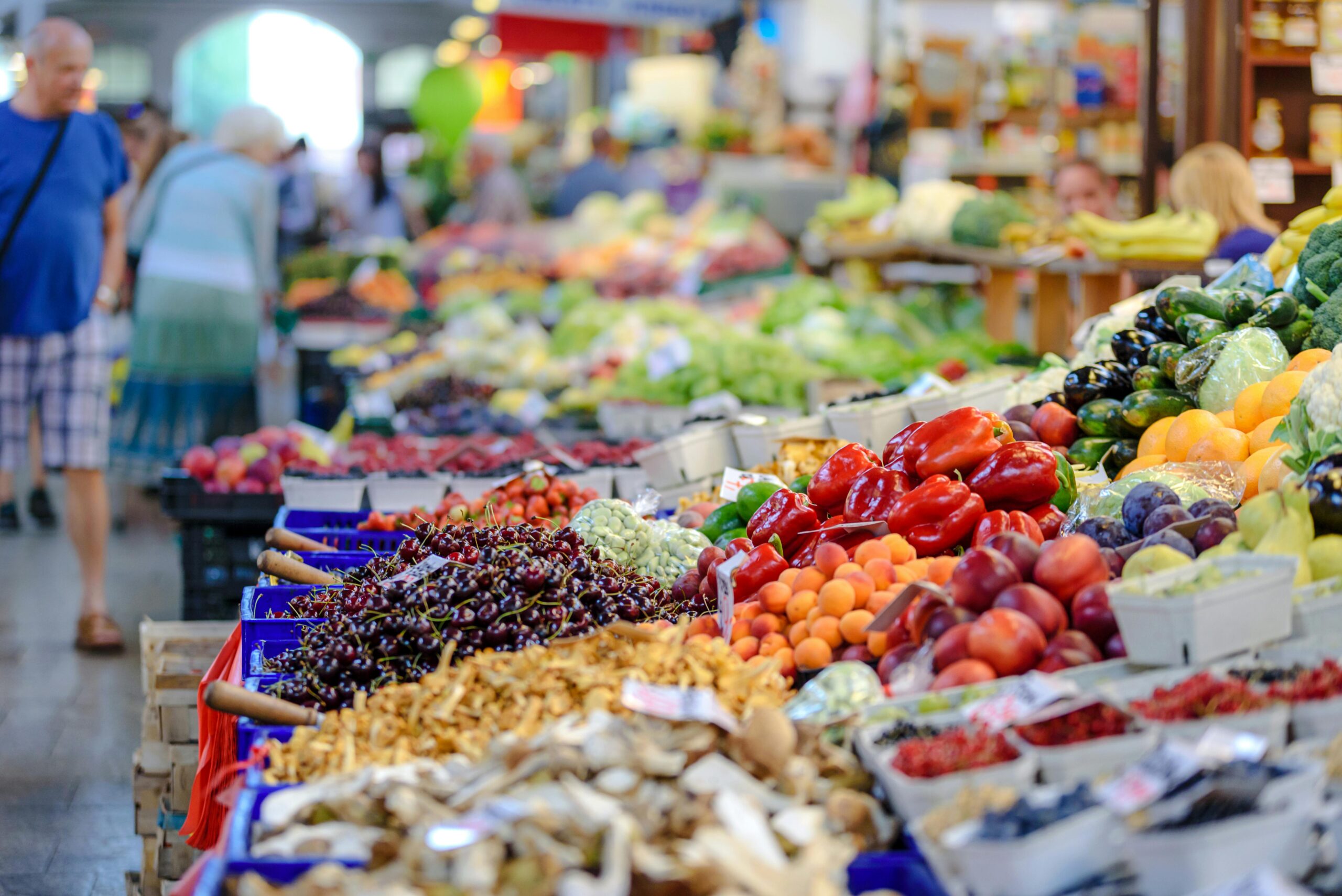The food supply chain is a complex network of processes and activities that ensures the safe and efficient delivery of food from producers to consumers. From farm to fork, numerous players are involved in this intricate system, including farmers, manufacturers, distributors, retailers, and logistics providers. Understanding the dynamics of the food supply chain is crucial for ensuring the quality, safety, and sustainability of the food we consume.
The Role of Farmers in the Food Supply Chain
Farmers play a pivotal role in the food supply chain as they are responsible for cultivating and harvesting crops, as well as raising livestock. They work tirelessly to ensure that the food we consume meets the highest standards of quality and safety. Farmers employ various techniques to optimize yields while minimizing environmental impact, such as crop rotation, precision agriculture, and integrated pest management.
Additionally, farmers work closely with agricultural researchers and scientists to develop innovative farming practices that enhance productivity and sustainability. Through partnerships with food manufacturers and distributors, farmers contribute to the reliable and consistent supply of food products.
Sustainable Farming Practices
In recent years, there has been a growing focus on sustainable farming practices that aim to protect natural resources and minimize the ecological footprint of agriculture. Farmers are increasingly adopting techniques like organic farming, agroforestry, and water conservation methods.
These practices prioritize soil health, reduce the use of synthetic fertilizers and pesticides, and promote biodiversity. By implementing sustainable farming practices, farmers contribute to the preservation of our environment and the long-term viability of the food supply chain.
Challenges Faced by Farmers
Despite their vital role, farmers encounter numerous challenges in the food supply chain. Fluctuating market conditions, climate change, and resource limitations pose significant hurdles. Farmers must navigate these challenges while ensuring the consistent production and delivery of high-quality food.
Furthermore, the COVID-19 pandemic has highlighted the vulnerability of farmers to supply chain disruptions. Lockdowns and restrictions on movement have impacted their ability to access markets, labor, and essential inputs, exacerbating existing challenges.
Despite these obstacles, farmers remain resilient and adaptive, constantly finding innovative solutions to sustain food production and meet the demands of consumers.
The Role of Manufacturers and Distributors in the Food Supply Chain
Manufacturers and distributors play a crucial role in the food supply chain by processing raw materials and ensuring the efficient distribution of finished products to retailers and consumers.
Food Processing and Packaging
Manufacturers are responsible for transforming raw agricultural products into processed foods that are ready for consumption. This involves various processes such as cleaning, sorting, cooking, preserving, and packaging. These steps not only enhance the taste, appearance, and shelf life of the food but also ensure its safety.
Manufacturers adhere to strict quality control measures and regulatory guidelines to guarantee that their products meet the required standards. They invest in advanced technologies and equipment to maintain the integrity of the food throughout the processing and packaging stages.
Distribution and Logistics
Once the food products are processed and packaged, distributors take charge of their efficient and timely delivery to retailers or directly to consumers. They manage complex logistics operations, including warehousing, transportation, and inventory management.
Distributors work closely with retailers to understand consumer demand and ensure that the right products are delivered in the right quantities. They employ sophisticated inventory tracking systems and supply chain management software to optimize efficiency and minimize waste.
Ensuring Food Safety and Traceability
Manufacturers and distributors prioritize food safety and traceability throughout the supply chain. They implement stringent quality assurance protocols, including regular testing for contaminants, proper labeling, and adherence to food safety regulations.
Traceability is crucial in identifying and resolving any issues related to food safety. By maintaining detailed records and implementing track-and-trace systems, manufacturers and distributors can quickly trace the origin of a product and identify any potential risks.
Their commitment to food safety and traceability helps build consumer trust and confidence in the food supply chain.
The Role of Retailers in the Food Supply Chain
Retailers play a vital role in the food supply chain as the final link between producers and consumers. They are responsible for sourcing, displaying, and selling a wide variety of food products to meet the diverse needs and preferences of consumers.
Product Selection and Procurement
Retailers carefully curate their product selection based on consumer demand, market trends, and quality considerations. They work closely with manufacturers, distributors, and local farmers to ensure a steady supply of fresh and high-quality food products.
Retailers also play a significant role in promoting local and sustainably sourced products, supporting farmers and producers within their communities.
Quality Control and Food Safety
Ensuring the quality and safety of the food products they offer is a top priority for retailers. They implement rigorous quality control measures, including regular inspections, temperature monitoring, and proper storage conditions, to maintain the freshness and integrity of the food.
Retailers also actively monitor and respond to food safety concerns by promptly removing any potentially unsafe products from their shelves and cooperating with regulatory authorities as necessary.
Consumer Education and Accessibility
Retailers play a crucial role in educating consumers about food choices, nutrition, and responsible consumption. They provide valuable information through product labels, signage, and knowledgeable staff to help consumers make informed decisions.
Additionally, retailers strive to make food accessible to all segments of society by offering a diverse range of products at various price points. They work towards reducing food waste and supporting initiatives that address food insecurity in their communities.
Adapting to Changing Consumer Demands
Retailers are constantly adapting to changing consumer demands and market trends. They embrace e-commerce platforms, online ordering, and delivery services to meet the evolving needs of consumers for convenience and accessibility.
As consumers become more conscious about sustainability and ethical practices, retailers are incorporating eco-friendly packaging, promoting sustainable farming practices, and offering organic and locally sourced options.
By staying attuned to consumer preferences and market dynamics, retailers play a crucial role in shaping the future of the food supply chain.
The Importance of Collaboration in the Food Supply Chain
Collaboration is essential in the food supply chain to ensure its smooth functioning and meet the demands of consumers. Various stakeholders, including farmers, manufacturers, distributors, and retailers, must work together to overcome challenges and achieve common goals.
Information Sharing and Communication
Effective communication and information sharing are crucial in coordinating activities and making informed decisions. Stakeholders must share relevant data, such as crop yields, production capacities, and consumer feedback, to optimize production, distribution, and inventory management.
Collaborative platforms and technologies facilitate real-time communication and data exchange, enabling stakeholders to respond quickly to market fluctuations, supply chain disruptions, and changing consumer preferences.
Sustainability Initiatives
Collaboration in the food supply chain is vital for driving sustainability initiatives. Stakeholders can collectively address environmental concerns, such as reducing greenhouse gas emissions, minimizing food waste, and promoting responsible water usage.
By sharing best practices, knowledge, and resources, stakeholders can develop innovative solutions to enhance sustainability across the entire supply chain, from farm to fork.
Ensuring Food Safety and Traceability
Collaboration is key to ensuring food safety and traceability. Stakeholders must work together to establish and enforce robust quality control measures, implement traceability systems, and respond promptly to any food safety concerns.
By sharing information on potential risks, emerging contaminants, and industry regulations, stakeholders can collectively safeguard the integrity and safety of the food supply chain.
Adapting to Market Changes
Collaboration is essential for stakeholders to adapt to market changes and evolving consumer demands. By sharing market insights and consumer trends, stakeholders can collectively develop new products, improve existing offerings, and explore new distribution channels.
Collaborative efforts also enable stakeholders to anticipate and respond to crises, such as natural disasters, pandemics, or economic downturns, by jointly implementing contingency plans and ensuring the continuity of the food supply chain.
Through collaboration, stakeholders can foster innovation, build resilience, and create a sustainable and efficient food supply chain that meets the needs of consumers today and in the future.
The Future of the Food Supply Chain: Trends and Innovations
The food supply chain is continuously evolving to meet the challenges and demands of a rapidly changing world. Here are some emerging trends and innovations that are shaping the future of the food supply chain:
Technology and Digitization
Technological advancements and digitization are transforming the food supply chain. From farm management software to blockchain-based traceability systems, technology is improving efficiency, transparency, and accountability.
Artificial intelligence and machine learning are being utilized to optimize production, logistics, and inventory management. Drones and sensors are aiding in crop monitoring and precision agriculture. IoT devices are enabling real-time data collection and analysis.
Sustainable Practices
The focus on sustainability is increasing, and stakeholders are adopting more environmentally friendly practices. Regenerative agriculture, vertical farming, and alternative protein sources are gaining traction.
Efforts are being made to reduce food waste throughout the supply chain, from production to consumption. Circular economy principles are being embraced to minimize resource depletion and maximize resource efficiency.
Consumer-Centric Approaches
Consumers are increasingly demanding transparency, ethical sourcing, and healthier food options. Stakeholders are responding by providing more detailed product information, promoting responsible sourcing, and offering personalized nutrition solutions.
Direct-to-consumer models, meal kit services, and online platforms are becoming popular, providing convenience and customization. Retailers are leveraging data analytics to understand consumer preferences and tailor their offerings accordingly.
Supply Chain Resilience
The COVID-19 pandemic exposed vulnerabilities in the food supply chain, emphasizing the need for resilience. Stakeholders are working towards building more robust and flexible supply chains that can adapt to disruptions.
Localization and regionalization of food production and distribution are gaining attention, reducing dependence on global supply chains. Collaboration and partnerships are being strengthened to enhance supply chain coordination and risk management.
As technology advances and consumer expectations evolve, the future of the food supply chain holds immense potential for innovation, sustainability, and resilience.
In conclusion, the food supply chain is a complex and interconnected system that involves farmers, manufacturers, distributors, and retailers working together to ensure the safe and efficient delivery of food to consumers. Each stakeholder plays a crucial role in maintaining the quality, safety, and sustainability of the food we consume.
Collaboration and communication among stakeholders are vital for addressing challenges, implementing sustainable practices, and adapting to market changes. Technologies such as digitization, artificial intelligence, and blockchain are revolutionizing the food supply chain, improving efficiency, transparency, and traceability.
The future of the food supply chain is marked by trends like sustainability, consumer-centric approaches, and supply chain resilience. Stakeholders are embracing innovative practices, reducing food waste, and responding to changing consumer demands.
As we continue to navigate global challenges and evolving consumer expectations, it is crucial to prioritize collaboration, sustainability, and innovation to create a resilient and efficient food supply chain that can meet the needs of present and future generations.

